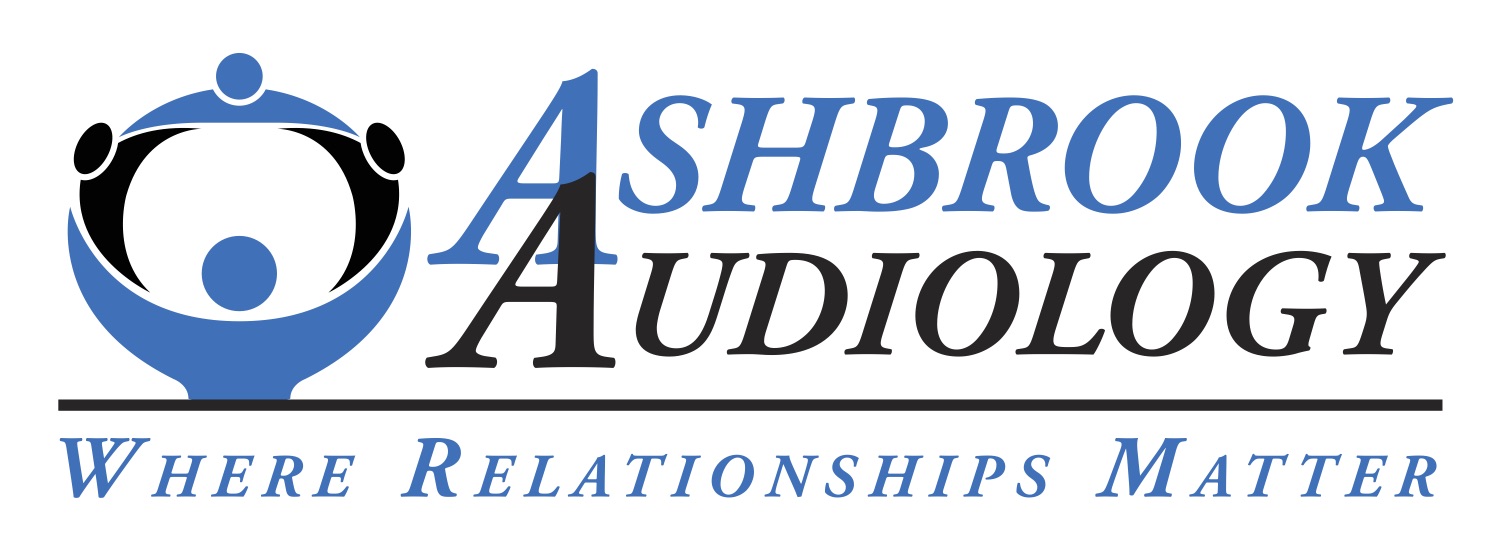How to Maintain Ear Health While Traveling
Travel opens up new experiences and adventures, but it can also bring

By: admin | May 31, 2024
Hearing loss is a complex issue that affects many individuals. Interestingly, your diet can have a significant impact on your hearing health. Nutrition has a major role in our overall health and wellness, including the health of our ears. The foods you eat can affect the health of your auditory system, possibly helping to prevent or delay the onset of hearing health issues. So, if you’re keen on maintaining your hearing health, it’s worth considering what you’re eating. So, what is the link between nutrition and hearing health and how can an audiologist providing valuable insights for those looking to maintain their auditory well-being through dietary choices?
There’s plenty of research that suggests the nutrients found in certain foods can be beneficial for your hearing. For instance, foods rich in antioxidants and folic acid, like spinach and beans, have been shown to help maintain good hearing health.
Omega-3 fatty acids, found in fish like salmon and tuna, are also good for your ears. They help fortify the blood vessels in our ear’s sensory system, which can help preserve your hearing. However, before making any significant changes to your diet, it’s always best to consult with your primary care physician first.
Before understanding the relationship between diet and hearing health, it’s crucial to understand what hearing loss is. This common issue can stem from a variety of factors such as aging, exposure to loud noise or even certain medications. In addition to these causes, research suggests that nutrient deficiencies could potentially play a role in the development of hearing loss. By understanding this, you’ll be better equipped to make informed decisions about your dietary habits and overall hearing health.
From boosting your immune system to improving heart health, the benefits of a balanced diet are wide-ranging. And yes, that includes your hearing health as well! So next time you’re planning your meals, keep in mind – what’s good for the body is often good for the ears too. Always consult with a professional before making any significant changes to your diet.
Taking a closer look at your diet and its impact on hearing health can provide a fresh perspective. Certain foods and nutrients have the potential to support and protect your auditory system. These dietary components may contribute to maintaining good hearing health. Foods rich in certain nutrients like omega-3 fatty acids, antioxidants and vitamins have been linked to a healthier auditory system.
Understanding the influence of diet on hearing health offers numerous benefits. It provides you with knowledge, allowing you to make informed dietary choices that could potentially support your hearing health.
Ever wondered what key nutrients can support your auditory function? Certain nutrients are known to be particularly beneficial for hearing health. For instance, vitamin B12 and magnesium, often found in foods like shellfish and avocados, can aid in preserving your auditory function. Zinc is another nutrient that is essential for your ears. It helps boost the immune system which can ward off ear infections. Foods like beef and almonds are rich in zinc.
Have you ever considered the impact of omega-3 fatty acids on your hearing health? Omega-3 fatty acids have been linked to numerous health benefits. These include supporting heart health, boosting brain function and even promoting auditory wellness. Research indicates that these essential fatty acids can help strengthen the blood vessels in our ear’s sensory system. This could potentially contribute to preserving your hearing.
However, it’s important to note that while omega-3s can be a beneficial addition to your diet, they are not a standalone solution for hearing loss or a substitute for professional hearing care.
These vitamins, found in foods like fish, eggs and dairy products, are known to support several bodily functions including the health of your auditory system. However, while these vitamins can be beneficial for your hearing health, they should not be seen as a cure-all for hearing loss.
On one hand, these vitamins can help maintain good hearing health by supporting nerve function in the ear. On the other hand, overconsumption can lead to side effects like nausea and skin rashes. Before you change your diet, make sure to talk with your audiologist and primary doctor, to determine if making these changes will help with protecting your hearing health.
Ever thought about the different foods that are packed with essential nutrients for your hearing health? Certain foods are particularly beneficial for your auditory health. Foods rich in vitamins and minerals, such as bananas and oranges, can contribute to maintaining good hearing health. They contain vital nutrients like potassium, which plays a key role in regulating fluid levels in your body – including the fluids in your inner ear.
Then there are foods like broccoli and dark chocolate that are high in magnesium. This mineral is known to aid in protecting the delicate hairs inside your ears, which are essential for picking up sound waves. So, next time you’re at the grocery store, you might want to consider adding these nutrient-packed foods to your shopping cart!
Once you understand the importance of nutrients like vitamin B12, magnesium and zinc, how can antioxidants aid in protecting your ears against hearing loss? Antioxidants, found abundantly in fruits and vegetables like berries and bell peppers, have been associated with a reduced risk of hearing loss. They combat oxidative stress in our bodies, which can harm your auditory system. So, incorporating antioxidant-rich foods into your diet might be a beneficial strategy for preserving your hearing health.
After considering the nutrient-rich foods that can benefit our hearing health, it’s equally important to understand the potential harm that certain foods might cause. Processed foods, often high in sodium and sugar, can negatively impact your auditory wellness. Overconsumption of these types of foods may lead to health complications like high blood pressure and diabetes, which are known to affect hearing. It’s important to remember that maintaining a balanced diet is not just about adding beneficial foods but also about minimizing harmful ones for your overall well-being, including your hearing health.
Making dietary changes can significantly improve your hearing health. What you eat plays a vital role in protecting your ears and preserving your ability to hear. Consuming a balanced diet rich in nutrients like vitamins A, C and E, as well as magnesium and zinc, can support the health of your auditory system. These nutrients help maintain the delicate structures of the inner ear and promote proper nerve function, reducing the risk of hearing loss and tinnitus. Additionally, reducing your intake of processed foods, saturated fats and excess sugars can benefit your overall health and contribute to better hearing. By making mindful choices about what you eat, you can take proactive steps to maintain your hearing and maintain optimal auditory function throughout your life.
Integrating healthier foods into your diet doesn’t have to be an overwhelming task. Small, consistent changes can make a big difference over time. For instance, swapping out your afternoon snack of chips with a handful of almonds can boost your intake of essential nutrients like magnesium and zinc, both known to support hearing health.
Furthermore, planning meals ahead of time can help ensure you’re getting a variety of nutrients throughout the week. This could include incorporating more antioxidant-rich fruits and vegetables or adding more omega-3 fatty acid sources like fish into your meals.
It’s clear that what individuals eat can have a profound impact on their auditory wellness. Certain nutrients found in foods like fish, fruits and vegetables are known to support and protect their auditory system. In fact, according to a study published in the American Journal of Clinical Nutrition, individuals with a higher intake of these nutrient-rich foods were 30% less likely to develop hearing loss.
Considering this, it’s evident that incorporating healthier food choices into your daily routine can serve as one of the many strategies you employ to protect your hearing health.
At Ashbrook Audiology, we are committed to providing comprehensive hearing care solutions tailored to meet individual needs. If you have concerns about your hearing or want more information on how nutrition might influence your hearing health, don’t hesitate to reach out. Call us today at:
This article is for informational purposes only. Always consult your primary care physician or healthcare provider before making any changes to your diet. Personalized advice from a qualified medical professional is crucial, taking into account individual health conditions and medical histories.
Tags: hearing loss basics, hearing loss symptoms, types of hearing loss

Travel opens up new experiences and adventures, but it can also bring
By: admin | April 24, 2025

When we think about music and hearing, we often picture warnings about
By: admin | March 21, 2025

Headphones are more than just a tech gadget; they’ve become an
By: admin | November 28, 2024
